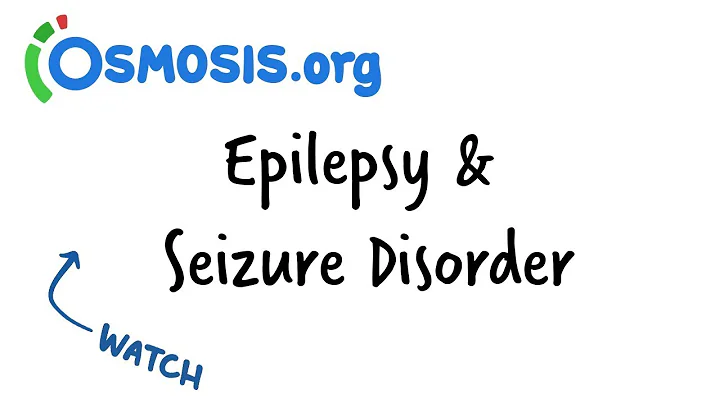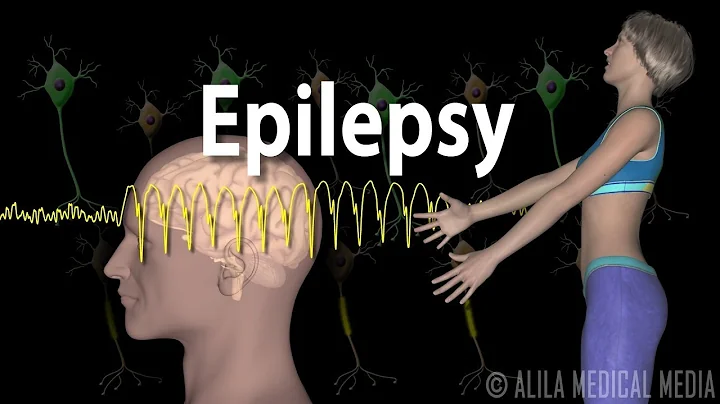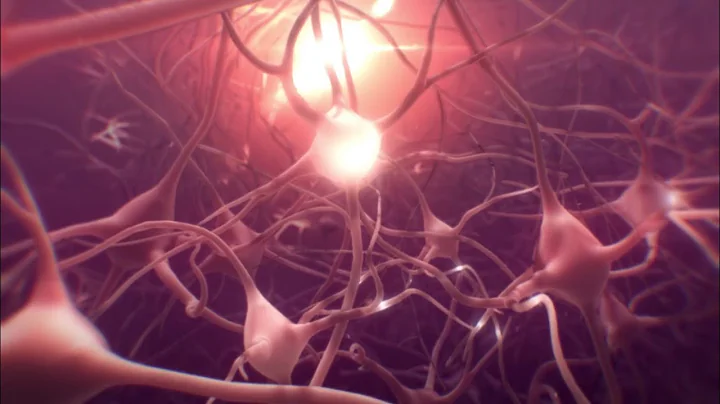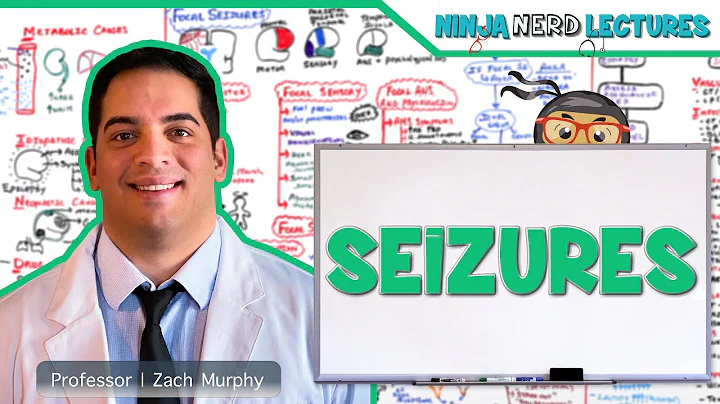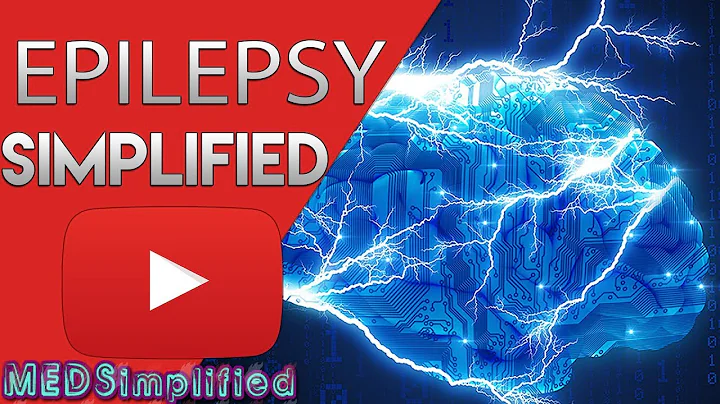Poor compliance will have the most direct impact on recurrence.


Epilepsy is one of the common diseases of the nervous system. Abnormal discharge of brain neurons leads to temporary brain dysfunction. It has the characteristics of long onset period and recurrence. According to the latest epidemiological data, the overall prevalence rate of epilepsy in China is 7.0‰. Epilepsy has become the second most common neurological disease in China after cerebrovascular disease. For patients with epilepsy, whether it is drugs or other treatment methods, it is a long-term treatment process, and "compliance" is one of the important factors that affect the efficacy.
June 28, 2022 is the 16th "International Epilepsy Care Day". The theme of this year's Care Day is "Improving Compliance, I Have You" to further enhance the public's understanding of epilepsy and standardize industry diagnosis and treatment behavior. "Medical Neurology Channel" and the "Chinese Anti-Epilepsy Association" have invited Professor Zhou Liemin, the subject leader and director of the Neurological Medicine Center of the Seventh Affiliated Hospital of Sun Yat-sen University, to share his insights on improving the compliance of epilepsy patients.
The current situation of epilepsy management is still grim
Epilepsy is a chronic disease, and the management of chronic diseases has received national attention in recent years. In the "Healthy China 2030" Planning Outline formulated by the Party Central Committee and the State Council in 2016, a chapter was devoted to the management of chronic diseases and gave important instructions. In fact, the most critical stage of chronic disease management is implementation.
The World Health Organization (WHO) defines patient compliance as the degree to which a person's behavior is consistent with the plan agreed upon by professionals - taking medication, diet or lifestyle adjustments. Due to differences in national development, patient compliance in chronic disease management varies greatly in different countries. Currently, the proportion of patients with poor compliance globally is approximately 26% to 79%. In China, incomplete statistics show that the proportion of patients with poor compliance is about 27% to 42%. Poor compliance has become a serious problem in the whole-process management of chronic diseases.
Professor Zhou Liemin mentioned that epilepsy, as the second most chronic disease of the nervous system, has a long treatment cycle. Compared with hypertension, diabetes, AD and Parkinson's disease, patients' compliance may be even worse.
The factors affecting compliance are complex
The "Global Epilepsy Report" published by WHO in 2019 pointed out that 70% of epilepsy patients can achieve seizure freedom with low-cost and effective drugs, emphasizing the role of drugs in the treatment of epilepsy. However, poor compliance among epilepsy patients is often reflected in medication, including failure to take medication on time, missed medication, and premature discontinuation of medication.

Factors affecting patient compliance can be attributed to the following five categories:
1. Socioeconomic factors, including age, ethnicity, culture, marital status, and economic status.
2. Medical system, such as the relationship between doctors and patients, treatment satisfaction, medical insurance policies, allocation of medical resources, etc.
3. Treatment-related factors include the complexity of the treatment plan, the implementation period, the risks of treatment, immediate and long-range effects, and feasibility issues.
4. Disease-related factors depend on the severity of the disease, especially the degree of impact of the nervous system on brain function, followed by the sensitivity of symptoms and the prognosis and outcome of the disease itself.
5. Patient factors include the patient’s cognition of the disease, training on drugs, cycle of efficacy, self-efficacy cognitive function, memory ability level and negative emotions.
Professor Zhou Liemin specifically mentioned that we must pay attention to the negative emotions of epilepsy patients. Negative emotions are common among patients with epilepsy. Due to the onset of the disease, the patients themselves will develop a sense of shame and find it difficult to integrate into society or be accepted by society. Especially in some underdeveloped or relatively poor and backward countries, patients with epilepsy may receive adverse stimulation from family and society, resulting in negative emotions such as low self-esteem, anxiety, and depression, which will affect the patient's compliance.
The most direct result of poor compliance is recurrence
After the doctor diagnoses the disease and gives a treatment plan, the patient will have three outcomes during the follow-up visit, namely no attack, attack, or adverse reactions. Depending on the specific condition, the doctor will make the next step Adjustment of treatment plan.If a patient has an attack, doctors should analyze three major factors: Is there a problem with the diagnosis? Is the dose of medication sufficient? How is patient compliance? For epilepsy, especially in some core cities, it is usually not the diagnosis and dose level, but the recurrence caused by poor patient compliance.
Professor Zhou Liemin emphasized that once epilepsy relapses, no matter what kind of attack it is, the impact on the patient will be comprehensive.
First of all, epileptic seizures can cause direct damage to the patient himself. During an attack, hypoxia in the patient's brain can cause brain damage, and even cause the expansion of the epileptic network or the generation of new epileptic lesions.
Secondly, epileptic seizures can also cause indirect damage to patients. If the seizure occurs in an inappropriate place, it may lead to traffic accidents, falling injuries, drowning, etc.
Finally, relapse can also affect a patient's career. Patients may be treated differently in terms of work arrangements and compensation due to the impact of their disease. Some people who are not very tolerant and have low cognitive levels will also discriminate and exclude epilepsy patients, thereby aggravating the patients' sense of shame. Therefore, the impact of attacks on patients is physical, psychological, social and other aspects.
In some grassroots hospitals, patients who stop taking, skip or reduce medication may not receive the doctor's attention during the consultation process, or the patient may be unwilling to inform for some reason for fear of being blamed. It is easy for the doctor to mistakenly think that the patient is The case of drug-refractory epilepsy.
Professor Zhou Liemin recalled a child he once treated. This child had recurring epilepsy attacks from the age of 3 to 11 years old. He went to many hospitals but could not find the cause. After detailed consultation, the patient found the cause of the disease, adjusted the dose, and took medication under the doctor's guidance. The condition was under control, and the disease did not relapse in the following ten years. However, due to frequent dressing changes and frequent seizures in the early stages of the disease, the development of cognitive function and learning in primary school have been affected. Therefore, clinicians should pay more attention to patients' medication use during diagnosis and treatment, carefully analyze the causes of seizures, and avoid misdiagnosing patients with refractory epilepsy.
Improving patient compliance requires joint efforts from both doctors and patients.
Regarding "compliance", we can see changes in clinical understanding of it through two English words. Before 2009, "compliance" was used to describe compliance in literature and official magazines. After 2010, the description changed to "adherence", that is, the patient's passive implementation of medical decisions changed to the patient's dependence on the doctor. Entrusted to help with the implementation of medical decisions. The process of changing concepts reflects the increasing clinical emphasis on the subjective initiative of the executor - the patient - in the medical treatment process.
's solution to the problem of poor compliance in epilepsy patients actually involves two levels, namely the need to pay attention to compliance and the recognition that compliance is the result of the joint efforts of both doctors and patients.
From a doctor's perspective, medical staff need to cultivate professionalism. During the diagnosis and treatment process, doctors not only provide patients with correct and appropriate diagnosis and treatment plans, but also convey medical knowledge about the disease to patients and answer patients' doubts. Doctors' diagnosis and treatment of epilepsy patients must be based on individualized and precise diagnosis and treatment based on modern science, and at the same time, they must predict and inform all adverse reactions. Secondly, doctors should convey the correct attitude towards treatment to epilepsy patients, maintain good communication between doctors and patients, and increase mutual trust. For example, through detailed consultations, health education, and out-of-hospital follow-up visits, patients should understand and pay attention to epilepsy.
From the patient's perspective, the patient's relatives play an important role in reminding, supervising, and providing emotional support. Not only the patient himself, but also the patient's family should understand relevant disease knowledge. The "Guidelines for the Diagnosis and Management of Epilepsy" issued by the National Institute for Health and Clinical Excellence (NICE) mentioned that all diagnosis and treatment should be a joint decision made by doctors, patients, and patients' families. Therefore, during the management of epilepsy, patients and their families should also pay attention to compliance and cooperate with the implementation of the treatment plan.
Communication skills to improve patient compliance
Doctor-patient communication is the key to forming a good doctor-patient relationship.Communication barriers between doctors and patients may cause patients to misunderstand the treatment plan. For example, some epilepsy patients have good treatment effects and have not had seizures for a long time. However, because the side effects are not clearly communicated, the patients are worried about the side effects of continuing to take the medicine and stop taking the medicine on their own. relapse. Harmonious communication not only reduces conflicts between doctors and patients, but also helps to obtain more disease information and promote disease improvement.
When talking about doctor-patient communication, Professor Zhou Liemin shared 4 communication tips with young doctors based on his own experience:
First, clinicians should strive to improve their personal medical knowledge and professionalism. Epilepsy is a disease that is both simple and complex, which greatly tests the professional knowledge of doctors. When patients receive the most correct diagnosis and the most appropriate and reasonable treatment plan, they will naturally develop a sense of trust in the doctor.
Second, there should be sufficient communication between doctors and patients. Doctors should answer patients' questions patiently and carefully, explain disease knowledge in easy-to-understand terms, and convey their treatment plans to patients.
Third, doctors must learn to think from others’ perspective. As a doctor, you should have three professional qualities: love, confidence, and patience. The brain function of patients with epilepsy will be affected to a certain extent, and their understanding may decline, requiring doctors to explain more patiently.
Fourth, provide patients with correct guidance in daily life. Epilepsy is a long-term treatment process. Regular healthy lifestyle and eating habits are very important to avoid the recurrence of epilepsy.
Professor Zhou Liemin emphasized that doctors should not only "treat diseases", but also have the concept of "healing people". Doctors should start from the patient's perspective, realize that a person is a whole composed of genetic background, living environment, physical condition and other aspects, and understand more details about patient compliance, so as to give patients correct and reasonable treatment decisions.
Summary
Epilepsy affects about 50 million people of all ages around the world, and the compliance problem of epilepsy patients has increasingly attracted our attention. There are various reasons for poor patient compliance. Helping epilepsy patients improve their compliance requires the joint efforts of doctors and patients, as well as family support and social attention.
Note: This article is reprinted from "Medical Neurology Channel".
Expert profile

Zhou Liemin
Discipline leader and director of the Neurological Medicine Center of the Seventh Affiliated Hospital of Sun Yat-sen University
Professor, doctoral supervisor, chief physician
-Vice President of the Chinese Anti-Epilepsy Association, Vice Chairman of the Drug Treatment Committee of the Chinese Anti-Epilepsy Association, Deputy Chairman of the Epilepsy Patients Association, Deputy Chairman of Precision Medicine and Adverse Drug Reactions, Member of the Epilepsy Group of the Neurology Branch of the Chinese Medical Association, Member of the Epilepsy Professional Committee of the Neurology Branch of the Chinese Medical Doctor Association, President of the Guangdong Anti-Epilepsy Association, etc. - Hosts the National 9 scientific research projects at the Natural Science Foundation of China, the Ministry of Education, the Ministry of Health, and the Provincial Department of Science and Technology, deputy editor or co-editor of 14 monographs, and more than 100 published papers, including more than 30 papers included in SCI
END

, preliminary review|Editor by Zhou Liemin
| Reviewed by Zang Lulu
| Reviewed and released by Liu Chang
| Chen Qikun, You Zhangao



